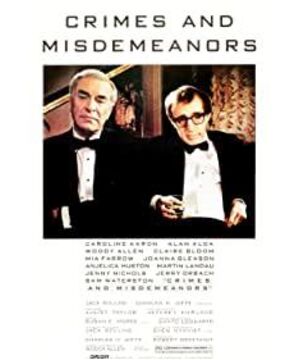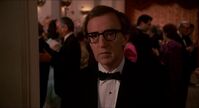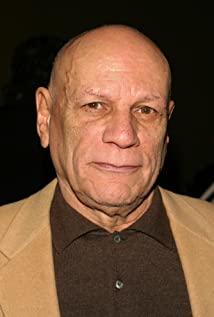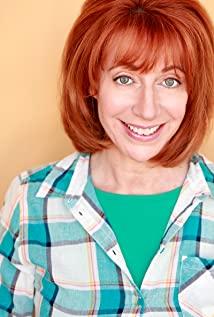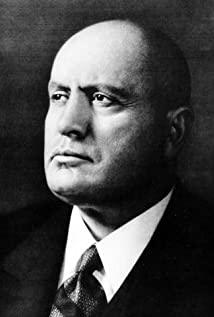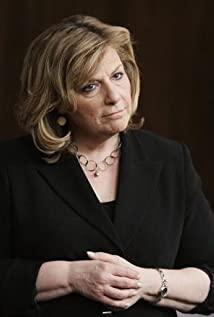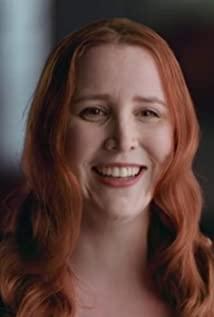2 ) -2 The
difference between the values of doctors and pastors-is close to that of Sister Feng and Sister Jiang.
God is just a luxury that he cannot afford. A series of questions and the resulting helplessness, powerlessness, and confusion.
x
Judah’s patients include Ben, the Jewish priest. As an interpreter of religious spirit and ethics, Ben received Zhu Da's treatment while often consulting the other party. The dialogue between the two was like a serious discussion on the theme of ethics and morality.
Woody Allen arranged three such discussions, and Ben and Zhu Da’s values were so different from each other as Sister Feng and Sister Jiang.
The world in Juda's eyes is empty and worthless; I thought that if there is no moral framework, the world cannot stand. He recognized the existence of God and firmly believed in the power of forgiveness. If you can't get rid of Dolores, this pastor suggests that Juda should consider telling his wife Miriam the truth. Mature love may bring tolerance, but Juda does not see this possibility. Soon the pastor realized that the two had deepened the discussion about derailment to the ultimate thinking about the meaning of human existence.
When the third discussion took place, Dolores' existence had lost its meaning.
Zhu Da told the pastor that the problem was resolved on its own. She was reluctant to follow rationality but eventually followed rationality. Ben is very happy. He admits that sometimes the best solution is actually luck.
From the beginning to the end of the movie, Zhu Da, who remained suspicious of God, remained unscathed, but the decline in vision of the pastor Ben, the interpreter of God's Will, could not be reversed.
The morally perfect characters in Woody Allen’s movies are basically absent. This pastor may be the closest one. He speaks fluently on understanding, confession, and tolerance, but Woody Allen arranged for him to be blind in the end.
In a book published in 2005, Allen explained, “Some people think that Ben has a deeper understanding of the world than others, but my view is different. I think he actually understands the world less, so Make him blind. I think his faith is blind. If it is to work, you actually need to close your eyes and not see reality." (Woody Allen on Woody Allen, 2005)
Few murderers are mentally strong enough to assume that the legal network is neglecting everywhere.
Under the pressure of inevitable guilt, Zhu Da experienced the torture of police interrogation and had the illusion of someone calling in the middle of the night. He also recalled a discussion about God and the truth. The annual Passover dinner of the Jews is a big family gathering together, and it is as important as the Chinese New Year's Eve dinner. Zhu Da puts himself in the position of a bystander, and he participates in the discussions among many relatives in a way of recurring scenes.
There are obvious differences in opinions. Judah’s aunt May doubted the existence of God. She couldn’t understand why the omniscient, compassionate and benevolent God did not intervene when Hitler slaughtered six million Jews. She believed that during the tragedy, every Jew who was still alive would pray in the most religious way, but did not hear a response. Mei Gu concluded that Might Makes Right, power is axiom, and God favors the strong, and ultimately save the Jews by defeating the American soldiers of the Nazis.
Relative A: "What are you talking about, Mei, is there no moral structure in this world? You want to challenge all moral structures in the world?"
Mei Gu: "What moral structure? You teach students such nonsense?"
Relatives: "You don't believe in the goodness of
human nature ?" Mei Gu: "The nature of human beings is nothingness."
Father: "My sister doubts everything, should I go back to Russia?"
Relative B: "I agree with Mei's statement, but it is nonsense. Many."
Father: "How can you say that? You don't miss the Passover dinner every year. You pray in Hebrew every time."
Relative B: "I just walk through the procedures, just like other ceremonies. Out of habit."
Relative A: "What are you talking about, Mei? The world is so big, is there no moral code?"
Mei Gu: "Only for those who desire moral code, the moral code will exist. There is no standard that will be written on the stone and spread."
The Judah family should be Jews who immigrated from Russia several generations earlier. According to the narrative of the "Bible", the "Ten Commandments" were carved on a stone and became the "Tablets of the Law" (Tablets of the Law) before they could survive for generations.
Relative C apparently shared Mei’s point of view. She said, “Belief is as talented as you have music or painting talent. He has faith. Although you can use logical means to falsify, he still insists on faith.”
Father questioned, “ Does everything in the world have to be logical?"
Juda, who stood aside as a bystander, asked, with a worried expression on his face, "What if a person commits a crime? What if he kills someone?"
Father: "He there will always be punished in some way. "
relatives B exhibited doubts:" If he was caught ... "
. the father said," If he's not, that which originates from a black deed will blossom in a foul manner "
lines of the original The meaning made me ponder for a while, and then I realized that the elegant words and sentences conveyed the simple truth of "good for good and evil for evil", so I translated it as "even if not caught, bad deeds will eventually be caused. The result is evil."
Relative B disagrees, "You may be too honored by the "Bible"."
Zhu Da's father refused to accept Mei Gu's point of view, "No, no, no matter whether the Old Testament or Shakespearean plays, murder will eventually come to light." He He insisted, "If you need to choose between God and truth, I will always choose God."
Judah's father believes that God cares about the world, and it is only a matter of time before he punishes evil and promotes good. This view is noble but too innocent in Ju Da's view. He believes that God is just a luxury that he cannot afford.
Zhu Da's world view is closer to Mei Gu: face reality, shelve fantasy, history is only written, sorted, and interpreted by the victor. His father is kind but unable to withstand the logical test, Mei Gu is intellectual but close to cynicism and nothingness.
Crime and Punishment (Part 2)
-1
The core issues of life such as love and sex, the ultimate thinking about the meaning of human existence
2 The
difference between the values of doctors and priests is close to that of Sister Feng and Sister Jiang.
God is just a luxury that he cannot afford. A series of doubts-this has caused helplessness. , Powerless, at a loss
2017-03-13 05:20x
View more about Crimes and Misdemeanors reviews


